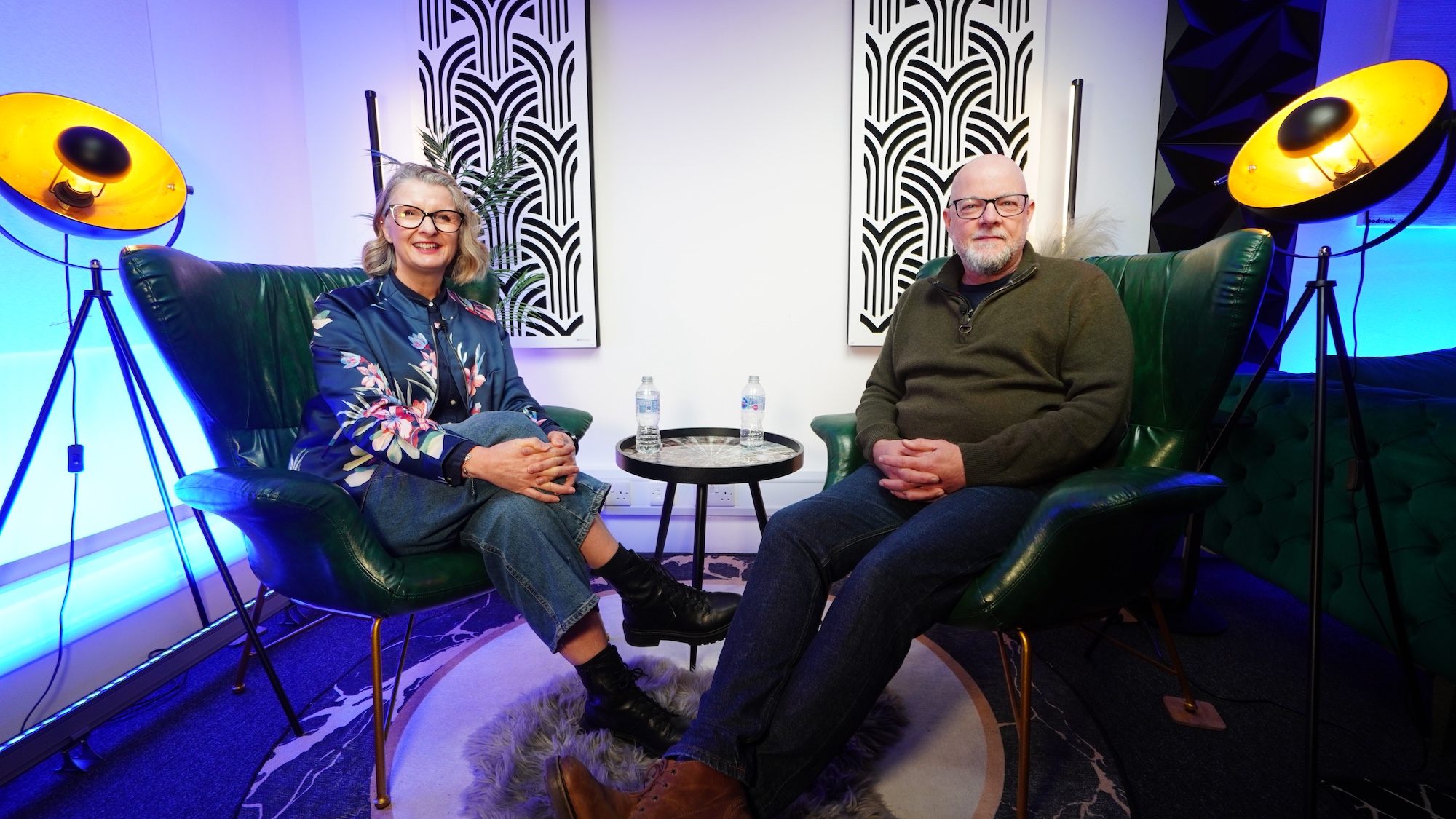
The future of work arrives early
by Ed Reid
It’s Friday 24th July, almost four months to the day since the UK went into lockdown.
Arguments about the Government’s handling of the crisis will rumble on for years. Should we have crashed the economy? Should the UK have been more like Sweden? Or imposed an even harsher lockdown like some countries in Europe?
We may never know the answer. What we do know is that in four short months the world of work has irreversibly changed. Changes that might have taken 20 or 30 years have happened in the space of an English spring.
The future of work is here
What we once thought of as ‘the future’ is here. Right now.
- I’m off, Dav
- You’re going early
- I need to beat the traffic. And there’s the team meeting at nine. Then the MD’s talking to us all. He drove over yesterday and stayed the night. And then it’s the lunch – you know, presenting the awards, guest speaker. All that stuff. I might be late home…
Will any of us ever have that conversation again? It would be foolish to say ‘no’ – I cannot tell you how much I am looking forward to the next TAB UK conference – but the days of the weekly team meeting in the office are surely over. And even crusty old MDs know how to use Zoom…
Beat the traffic? Four months on from March 23rd no-one wants to go anywhere near the traffic, especially those millennials who – as I pointed out in a recent post – have now spent a significant part of their working lives working from home.
Where does this leave the employer? Where does it leave us as we look to build and re-build our businesses?
There have been two really interesting stories in the papers recently. Last week Morrison’s announced that it was introducing a four day working week for 1,500 head office staff. On Wednesday morning the BBC reported that RBS would let 50,000 staff work from home for the rest of this year.
“We’re at a moment of real change in the world of work,” commented Peter Cheese of the CIPD, adding that it was a change which ‘puts staff at the centre of operations.’
I couldn’t agree more. Changes in working practices which we might reasonably have expected to arrive by 2040 are suddenly here. As we look to recruit new members of our teams and start to expand again, we’re going to have to think very differently about what people want from their working lives.
Every member of TAB UK I know used lockdown to think, to look at what they wanted from life and work in a different way. But if we did that, so did the people who work for us and who might work for us in the future. And I guarantee that no-one wrote down, ‘sit on a bus in traffic for an hour every morning.’
There seems to be a dawning acceptance that we’ll be living with Coronavirus for ‘years to come.’ The PM may hope for a ‘return to normality’ by Christmas: the simple truth is that, as far as work goes, we’ll never go back to the old ‘normal.’
Owners and directors of SMEs need to accept – and embrace – the fact that the old office culture is gone for good.
For me the single biggest thing that has changed/will continue to change is the level of trust between employers and the people who work for them. As WFH becomes every bit as normal as working from the office, so everyone is going to develop their own ‘work pattern,’ built around family life and what – put simply – works for them.
Maybe they’ll start work early, and then have a break when they take the children to school. Maybe they’ll have a longer lunch break and combine it with exercise. Or finish work in mid-afternoon and go back to it in the evening. That is going to demand a lot of trust from employers. They’re going to have to learn that not being at your desk at 9am or 2pm doesn’t mean someone is shirking: it simply means that they’re working at a different time.
If people are in the office then – even if you manage to avoid the Reds vs Blues syndrome – then traditional work patterns will have to change.
- We used to work 9 to 5 with an hour for lunch.
- What? Every day? With an office full of people? How did you get anything done?
…And it’s not just the UK. TAB members across 20 different countries are saying the same things. The next few years are going to be uniquely challenging, but they’re also going to be a tremendous opportunity. Not just to rebuild our businesses and maybe take them in directions we hadn’t even contemplated at the beginning of the year – but to significantly improve our own lives and the lives of everyone we work with.
Related articles
.jpg)
The Signs of Business Owner Burnout and How to Stop It
Business owner burnout is a real threat every day for entrepreneurs. But what are the signs of business owner burnout, and how can entrepreneurs deal with stress and anxiety in a healthy way before it gets too much?

Kindness in Leadership: The Competitive Advantage Most Businesses Miss
Discover why kindness in leadership drives performance, trust and culture. TABcast insights on psychological safety, coaching and values-led growth.

How Strategic Alignment Workshops Drive Real Execution
Many strategy workshops create alignment in the room — but little action after. Learn how structured strategic alignment drives execution.


